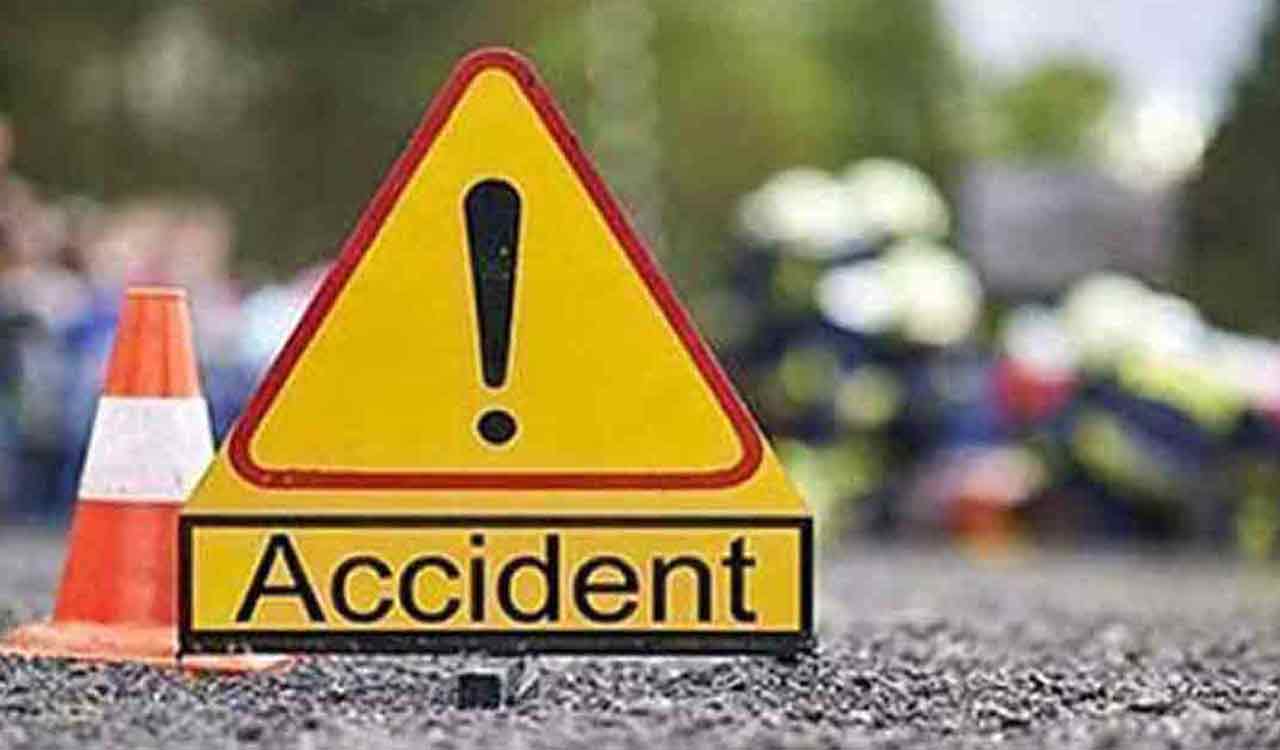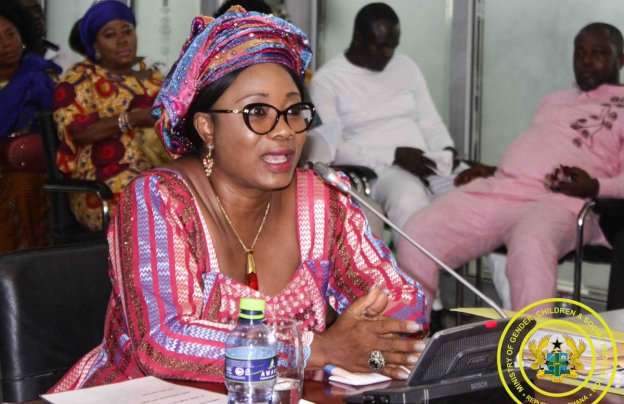 Private legal practitioner and managing partner at Bentsi-Enchil, Letsa and Ankomah, Ace Annan Ankomah wants prospecting investors to request for a company’s regulation before investing with them.
This he said is very necessary because many ponzi schemes are incorporated as companies and therefore there is the need for investors to determine if they are licensed to take deposit from the public and so must ask for the regulation of the company, and specifically section 8(c).
This is because Section 8 (c) and (d) of the Companies Act 1963 states the regulation must have a clause that, “prohibits the company from making any invitation to the public to acquire any shares or debentures of the company; and prohibits the company from making any invitation to the public to deposit money for fixed periods or payable at call, whether bearing or not bearing interest.”
This document he noted can be obtained from the Registrar-General Department if there are not forthcoming from the investment company.
“If a company undertakes this venture without going through the regulation process is in breach of the law and persons involved could be jailed,” he noted.
Ace Ankomah was speaking at a Media General Economic Dialogue series on Thursday, October 18, on the theme “Investment in the Face of Ponzi Schemes: How Do we Clean the Mess?”
The Powers of the Registrar-General
The legal practitioner noted that the Registrar General under the law has the power to wind down a company involved in a ponzi scheme.
Under section 291, clause C of the Act 179 states that, when the Registrar General determines “that the business of the company is being conducted with intent to defraud its creditors or the creditors of any other person or otherwise for a fraudulent or unlawful purpose …” can commence investigation into the matter.
This Ace Ankomah noted will result in the court appointing an investigator who will take over the books of the company and do a full investigation and subsequently wind down the company.
Proceedings after Investigations
The law further empowers the Registrar-General through the Attorney-General to initiate a criminal proceedings against all persons involved in the illegality.
Section 255(a) states “any person may have been guilty of an offence for which he is criminally liable, the Registrar shall refer the matter to the Attorney-General who, if he considers that the case is one in which a prosecution ought to be instituted, shall institute proceedings accordingly.”
Source: 3news.com | Ghana]]>
Private legal practitioner and managing partner at Bentsi-Enchil, Letsa and Ankomah, Ace Annan Ankomah wants prospecting investors to request for a company’s regulation before investing with them.
This he said is very necessary because many ponzi schemes are incorporated as companies and therefore there is the need for investors to determine if they are licensed to take deposit from the public and so must ask for the regulation of the company, and specifically section 8(c).
This is because Section 8 (c) and (d) of the Companies Act 1963 states the regulation must have a clause that, “prohibits the company from making any invitation to the public to acquire any shares or debentures of the company; and prohibits the company from making any invitation to the public to deposit money for fixed periods or payable at call, whether bearing or not bearing interest.”
This document he noted can be obtained from the Registrar-General Department if there are not forthcoming from the investment company.
“If a company undertakes this venture without going through the regulation process is in breach of the law and persons involved could be jailed,” he noted.
Ace Ankomah was speaking at a Media General Economic Dialogue series on Thursday, October 18, on the theme “Investment in the Face of Ponzi Schemes: How Do we Clean the Mess?”
The Powers of the Registrar-General
The legal practitioner noted that the Registrar General under the law has the power to wind down a company involved in a ponzi scheme.
Under section 291, clause C of the Act 179 states that, when the Registrar General determines “that the business of the company is being conducted with intent to defraud its creditors or the creditors of any other person or otherwise for a fraudulent or unlawful purpose …” can commence investigation into the matter.
This Ace Ankomah noted will result in the court appointing an investigator who will take over the books of the company and do a full investigation and subsequently wind down the company.
Proceedings after Investigations
The law further empowers the Registrar-General through the Attorney-General to initiate a criminal proceedings against all persons involved in the illegality.
Section 255(a) states “any person may have been guilty of an offence for which he is criminally liable, the Registrar shall refer the matter to the Attorney-General who, if he considers that the case is one in which a prosecution ought to be instituted, shall institute proceedings accordingly.”
Source: 3news.com | Ghana]]>
Ask for Regulation 8C; Ace Ankomah advises prospective investors
Reading Time: 3 mins read
Recent Posts
- Cynthia Morrison faces jail term over contempt charges
- Survey: NPP’s Chris Arthur projected to win Agona West by landslide
- President Jerry John Rawlings – Four Years On
- Friday, November 8 not a public holiday – Interior Ministry
- Tragic: Speeding NDC vehicle kills the only child of a mother at North Dayi
- Pay NABCO trainees if you care about Ghanaian youth – Mahama tells Bawumia
- Suspend planned strike – FWSC pleads with CLOGSAG
- Some lawyers sacrifice ethics for ‘cheap’ political gains – Attorney-General
Popular Stories

ABOUT US
Newstitbits.com is a 21st Century journalism providing the needed independent, credible, fair and reliable alternative in comprehensive news delivering that promotes knowledge, political stability and economic prosperity.
Contact us: [email protected]
@2023 – Newstitbits.com. All Rights Reserved.











